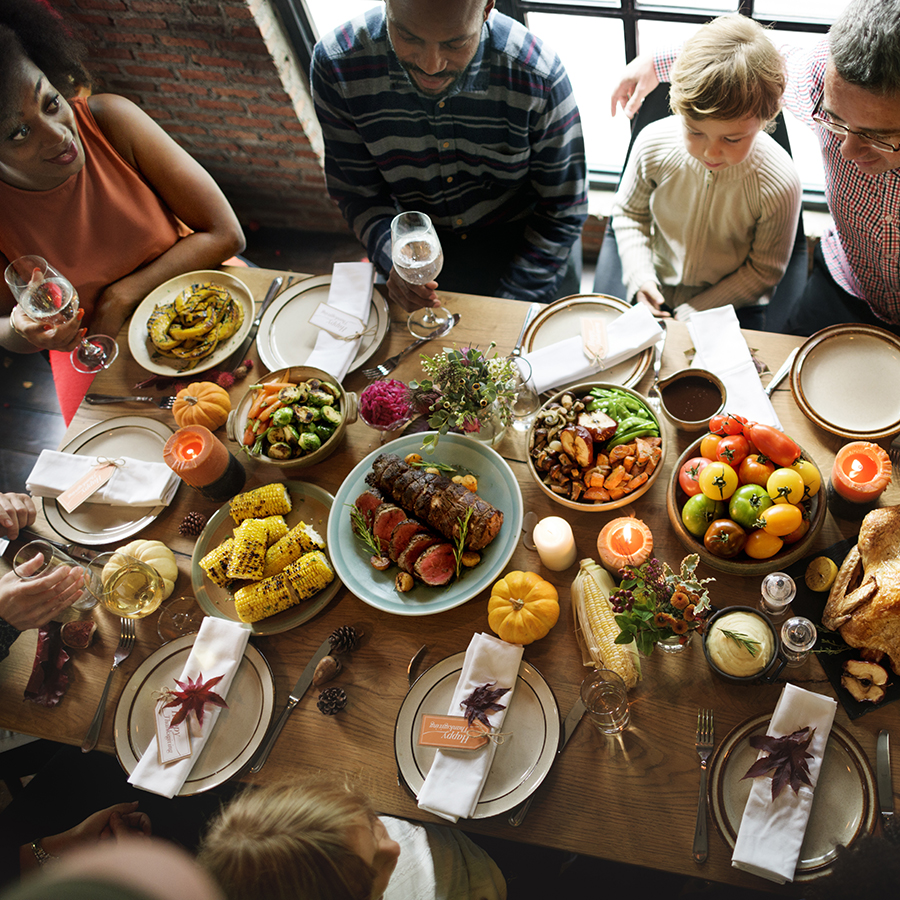With the holidays fast approaching, food becomes the centerpiece of tables, gifts, and thoughts for people and families.
Maybe a family has a traditional recipe eaten every holiday season, lovingly handed down generation-to-generation with unwritten touches that can only be replicated when the item is made with another family member. Maybe there is a nostalgic food that was once a celebrated part of the meal that has since fallen by the wayside because the preparer is no longer alive. Perhaps it is the act of giving a batch of cookies, a cake, or a seasonal bread as a gift that makes food special. Whatever it is, we all have something that endears food and the holiday season to us.
But most people are no longer directly involved in the act of food production. Food producers comprise less than 1 percent of the total population of the United States. Yet, evidence of the effort of farmers and ranchers is everywhere.
We are a culture steeped in food. We consume food while driving, we browse for ways to prepare food on social media, we even watch other people prepare food on television. Collectively, however, our desire to understand the whole story of food often begins and ends with the individual experience of it. Food is often central in emotional times of our lives, a bowl of ice cream in a time a grief or a slice of cake in a time of joy.
That is why the holidays are so intrinsically linked to food. They should be just as indelibly linked to agriculture – the true genesis of every meal regardless of the season. Food comes from our farm and ranch families and workers who carefully, diligently tend to their land, water, livestock, and other resources to ensure generations of production will be available. The end product – a heaping pile of mashed potatoes and gravy – should also be a reflection of its origin – a beautiful field of rich soil filled with lush, leafy potato plants and a well-cared for animal, raised to the perfect market weight.
Knowing that hamburgers are made from ground beef, that mashed potatoes came from tubers that grew underground, that gravy is made with drippings from roasted meat, should enhance the holidays. These small pieces of wisdom and information about where a holiday meal comes from make the feast more enjoyable.
President George Washington is credited with saying, “I’d rather be on my farm than be emperor of the world.” He, like many of our founding fathers, and those of us who still farm and ranch today, loved his land and his fellow countrymen. His words have withstood the test of time and still convey how many farmers and ranchers feel about their occupation.
During the holidays, take a moment to think about the first person to care about the feasts of the season. It was likely a farmer or rancher you will never meet but who wanted to ensure your family and friends had a meal that will be part of your holiday memories for years to come.
Pam Lewison is a fourth-generation farmer in Eastern Washington, the Ag Research Director for the Washington Policy Center, and a contributor to Pacific Research Institute.


